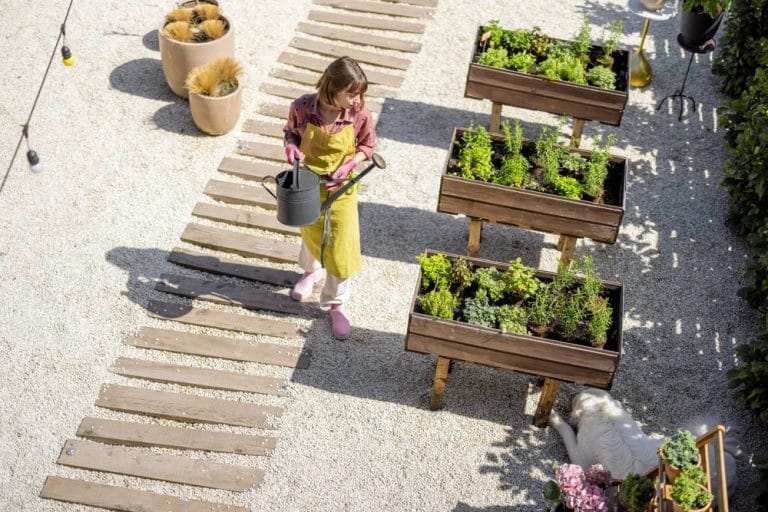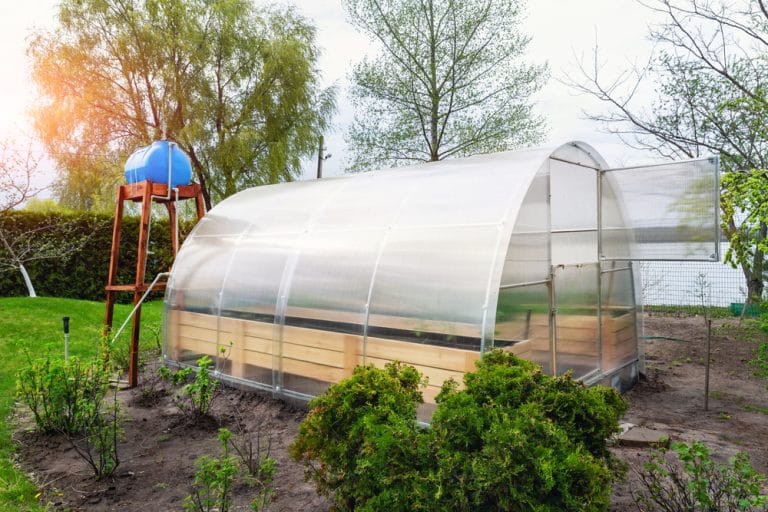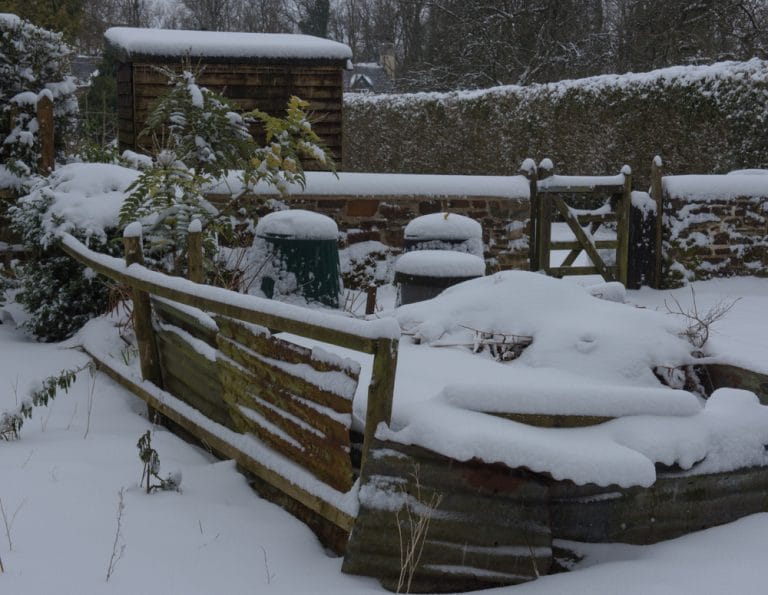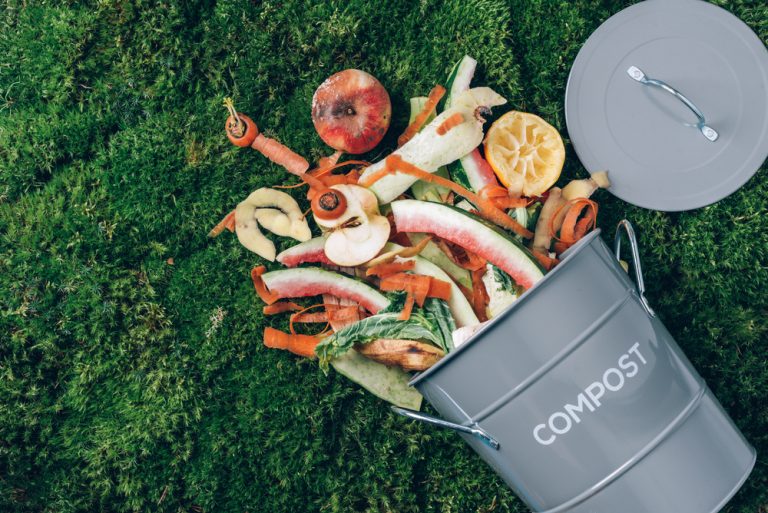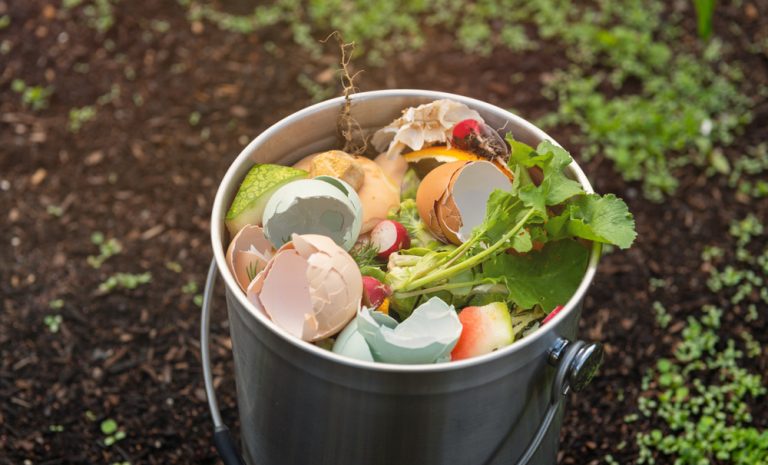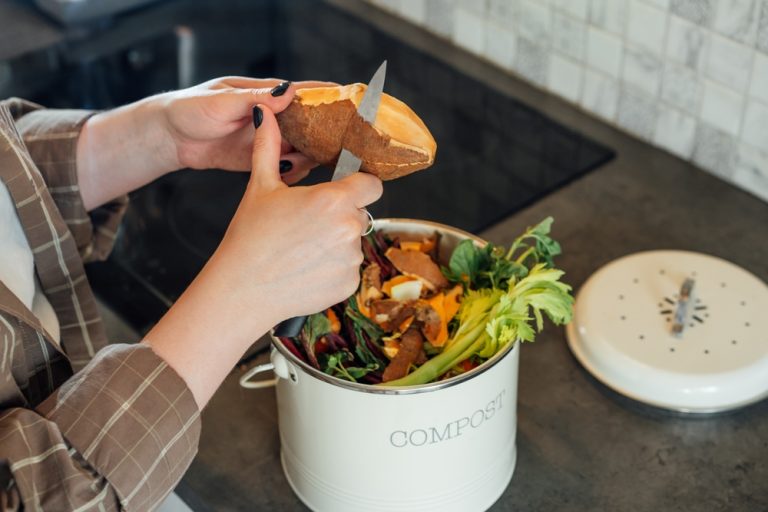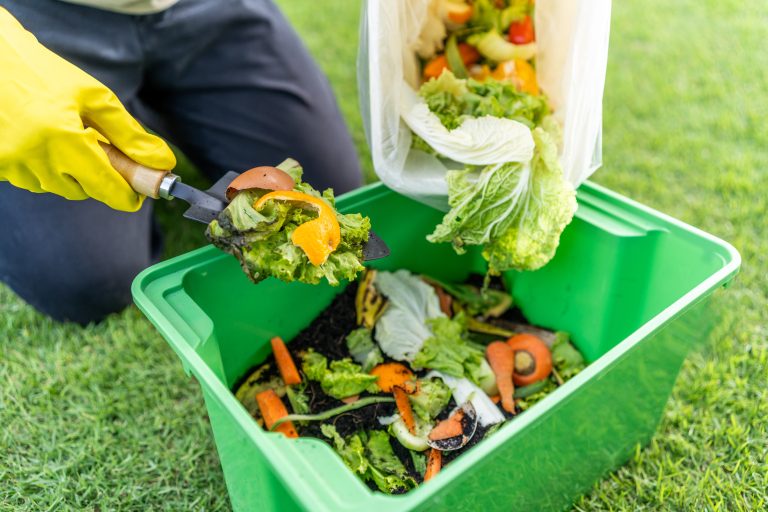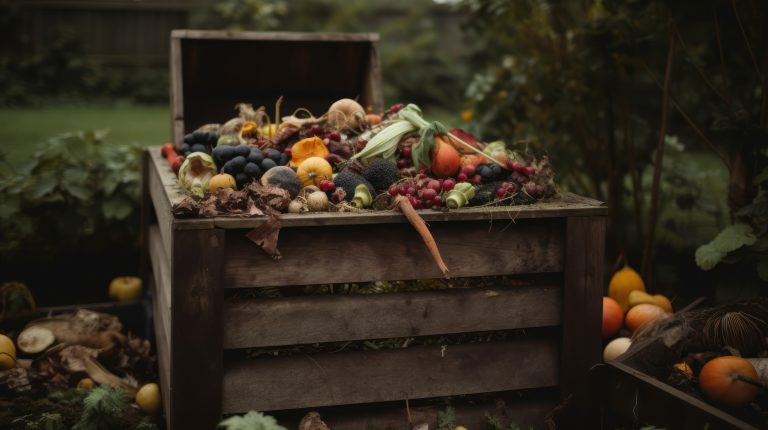You know that moment when the air gets cold enough that your breath becomes visible and suddenly your backyard feels like it belongs to someone far hardier than you? That’s when most people abandon their compost pile, whisper “good luck,” and hope nature figures it out. But winter composting doesn’t have to be a survival…
compost bin
The Bed-Cleaning Trick That Makes Your Compost Work Twice as Fast
You remember that electric little thrill you get when you stumble onto a gardening secret so simple, so clever, so ridiculously effective that you wonder why it isn’t printed on seed packets in bold letters? This is one of those secrets. Gardeners love hacks, but this one isn’t a hack—it’s practically a superpower. It transforms…
10 Garden Structures Worth Building in Cooler Weather
The moment the air turns crisp and the afternoons feel just a little shorter, something magical happens in the yard: the garden becomes a blank slate again. Cooler weather makes heavy lifting easier, materials less blistering-hot to handle, and weekend projects infinitely more enjoyable. Suddenly, all the structures you dreamed about during the summer heat…
Why Compost Should Be Covered Before Snow
The first snowfall may feel magical, but if your compost pile could talk, it would be screaming, “Cover me!” the moment those icy flakes start landing. Snow might look soft and harmless, but to an exposed compost bin, it’s basically an uninvited guest barging in with a frozen handshake and a plan to halt all…
8 Compost Additives Perfect for Fall Breakdowns
Autumn has a way of turning even the most hesitant gardener into a compost enthusiast. The air cools, the leaves drop, and suddenly every twig, scrap, and leftover apple core starts whispering, “Throw me in the pile.” Fall is the season when compost bins work overtime, breaking down mountains of organic material into rich, dark,…
Why Compost Layers Matter More in Fall
The air is crisp, the leaves are turning fiery shades of red and gold, and suddenly, your yard looks like it’s been buried under a crunchy blanket of autumn glory. It’s the perfect season for bonfires, cozy sweaters—and yes, composting. Fall isn’t just a transitional season; it’s the golden hour for your compost pile. This…
8 Easy Compost Bins Made From Fall Yard Waste
Ah, autumn—the season of pumpkin spice, cozy sweaters, and… endless piles of leaves. You rake, you bag, and before you know it, your yard looks like it hosted a leaf parade that never left town. But here’s the thing: those heaps of “waste” are actually gold in disguise. With a little creativity, you can turn…
8 Compost Ingredients That Break Down Faster in Fall
There’s something magical about fall: the crisp air, the crunch of leaves, the pumpkin spice lattes… and, believe it or not, the speed at which your compost pile kicks into high gear. That’s right—autumn isn’t just a season for sweaters and hayrides; it’s prime time for making black gold out of kitchen scraps and yard…
Why Fall Is the Best Season to Start a Compost Pile
Crisp air, crunchy leaves, and pumpkin spice everything—fall is officially here. But while most people are busy decorating their porches with gourds, there’s another fall activity that deserves a spot on your to-do list: starting a compost pile. That’s right, autumn is secretly the superhero season for turning kitchen scraps and yard waste into black…
The Secret Ingredient That Makes Compost Work Twice as Fast
If you’ve ever stood over your compost pile wondering why it looks more like a sad heap of yard waste than the rich, earthy black gold you were promised, you’re not alone. Composting is nature’s recycling system, but sometimes it feels like it’s moving at the speed of a lazy Sunday nap. Gardeners everywhere want…

